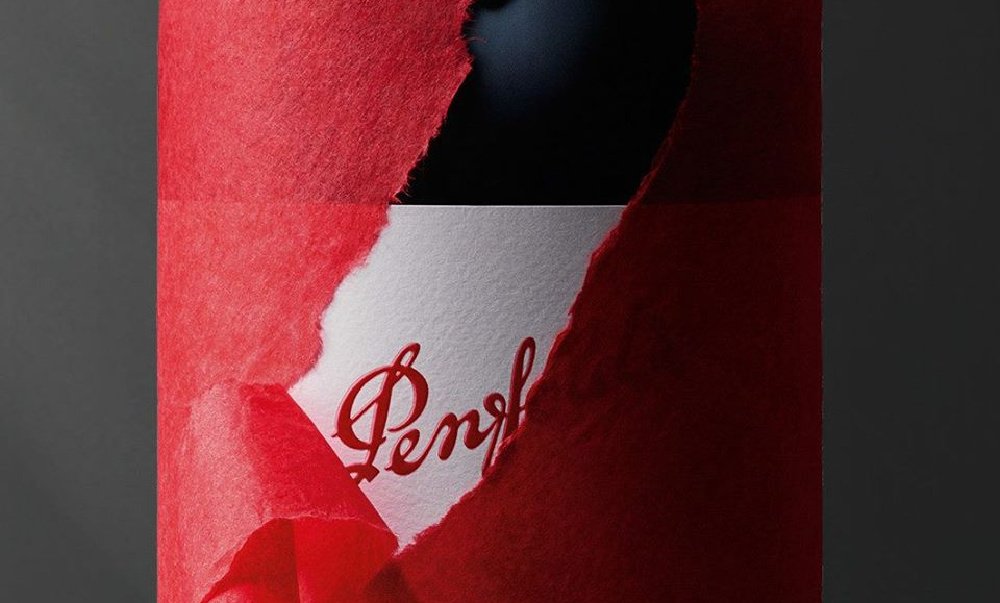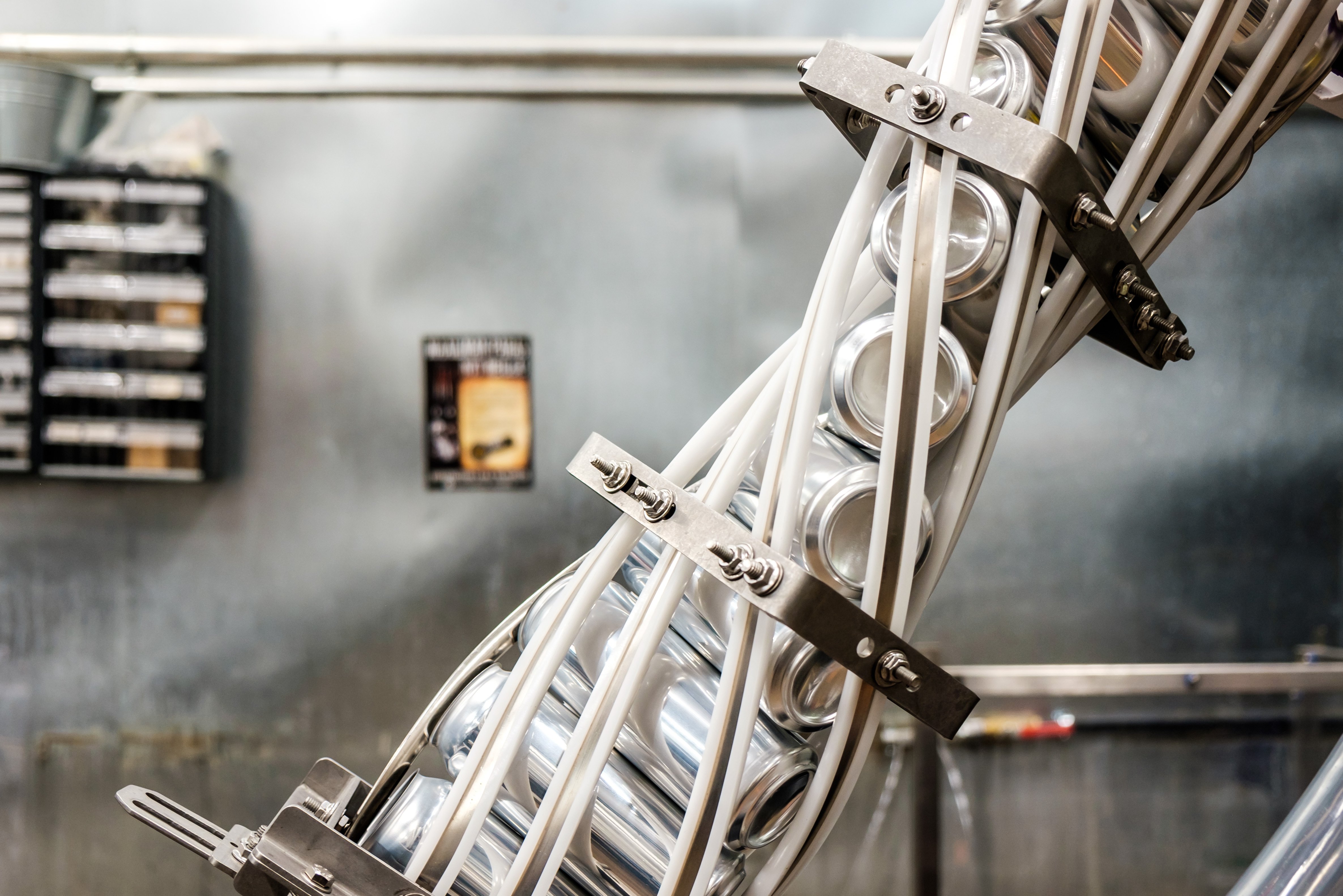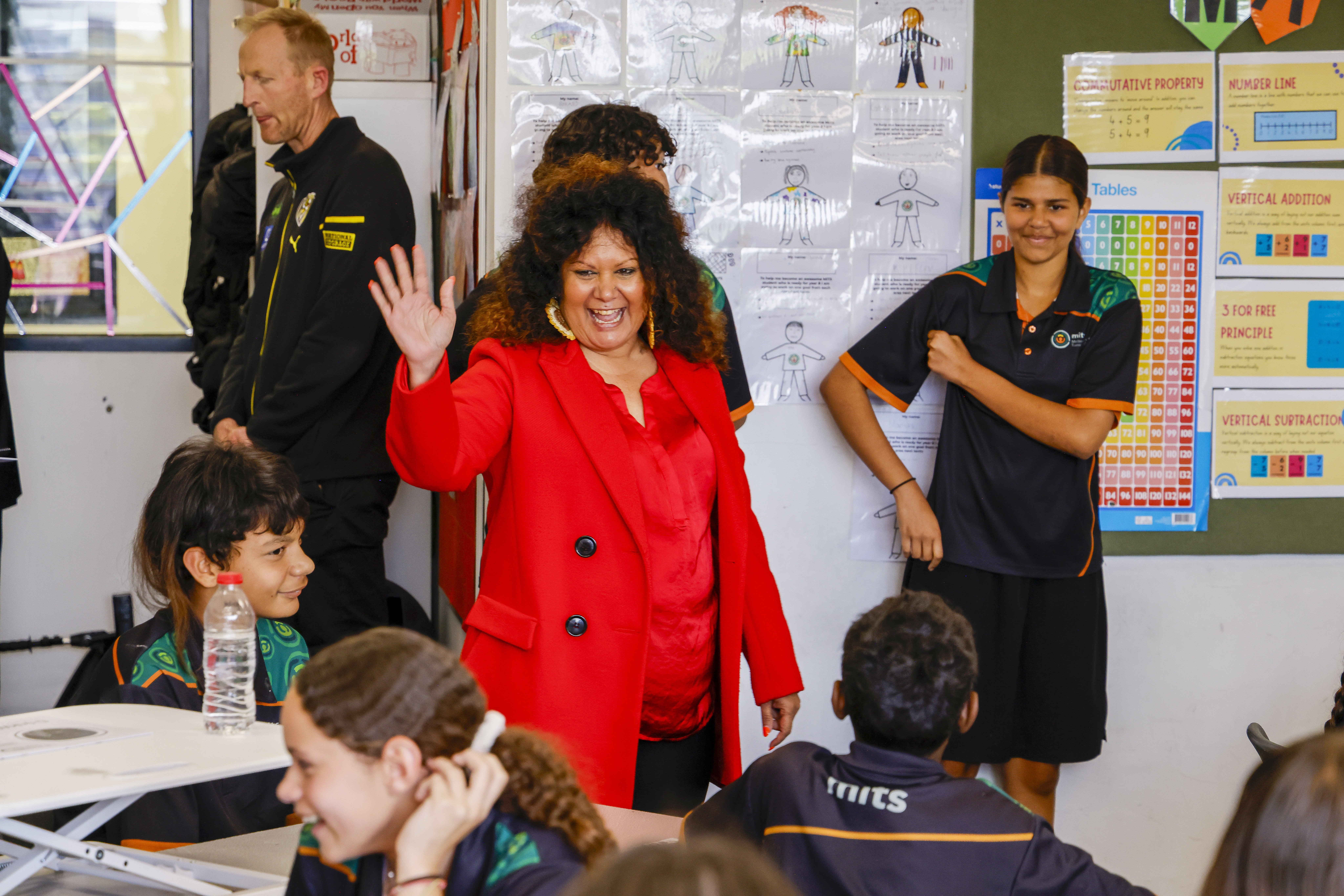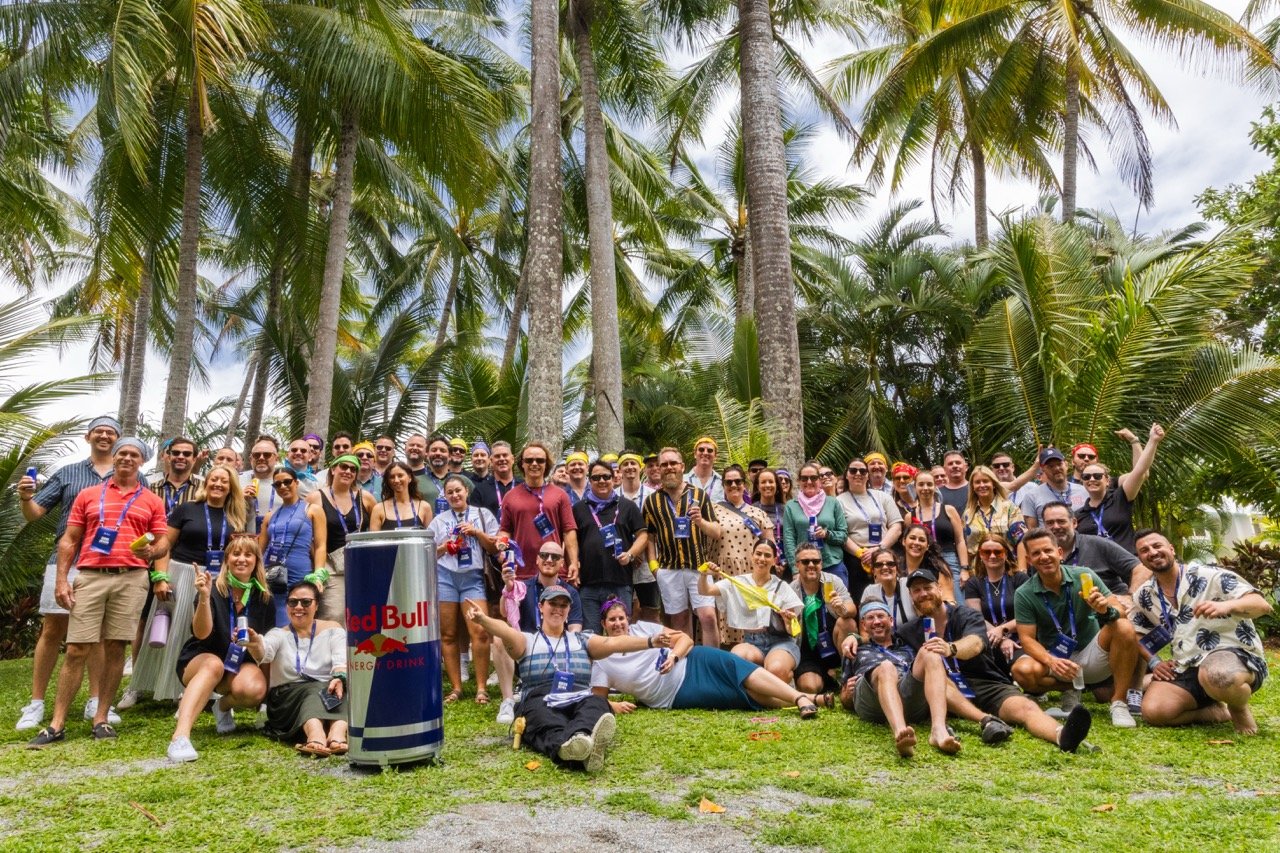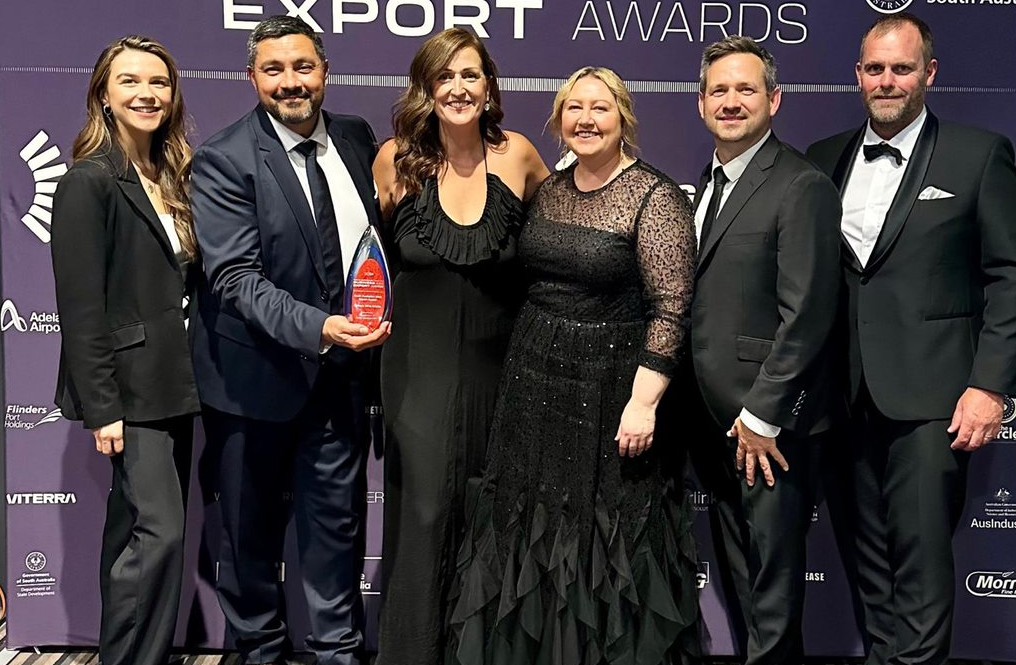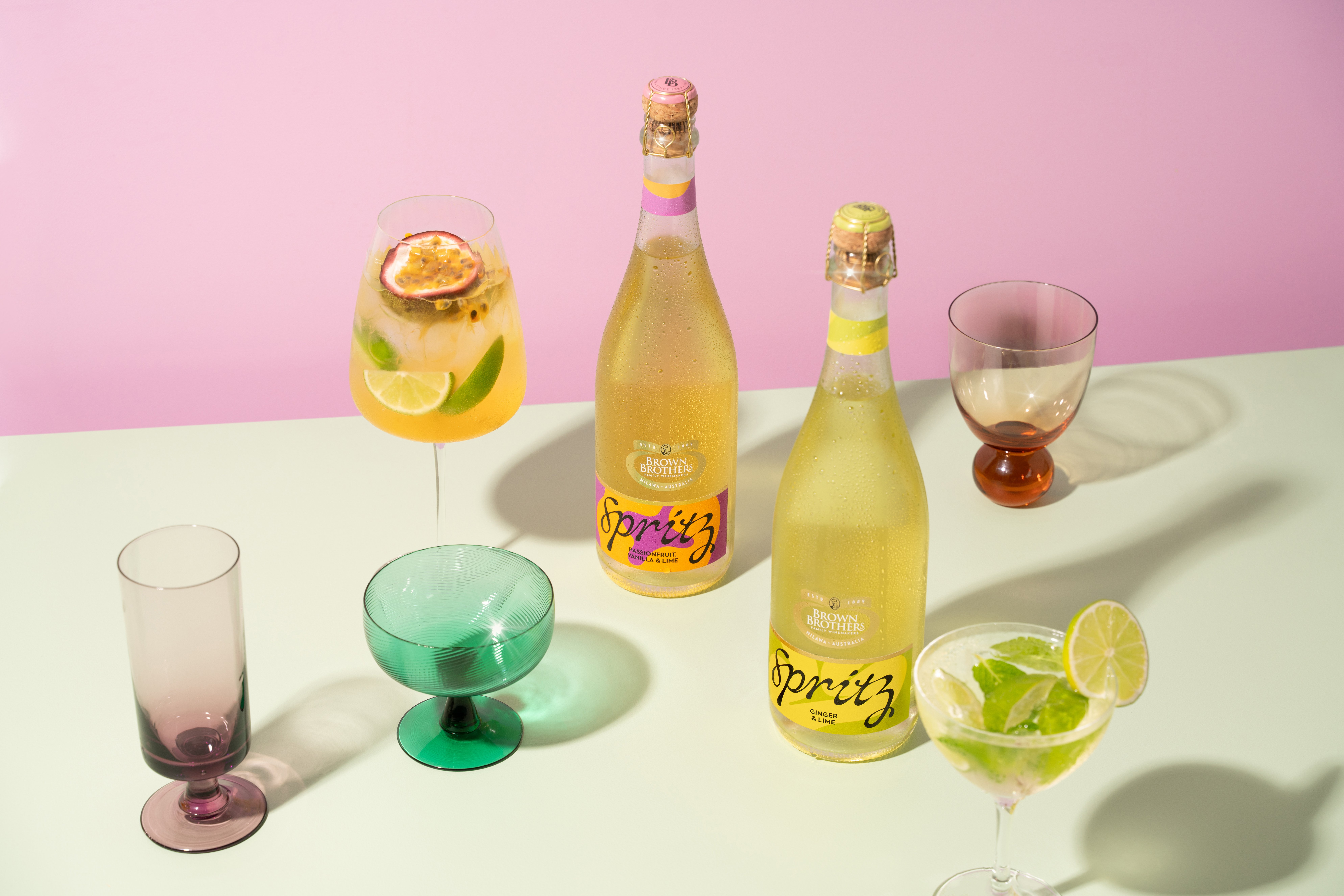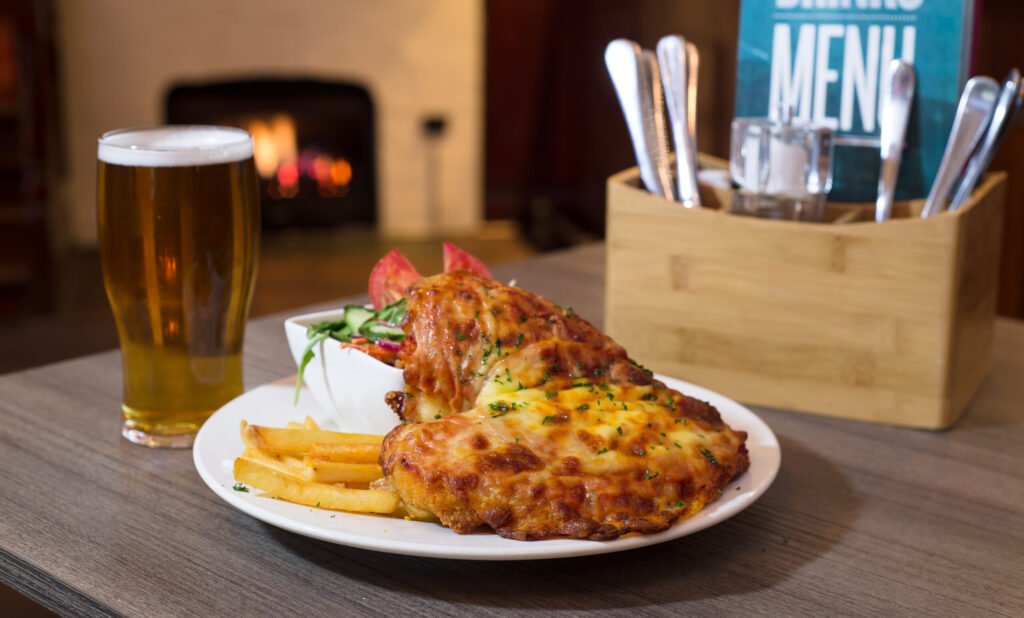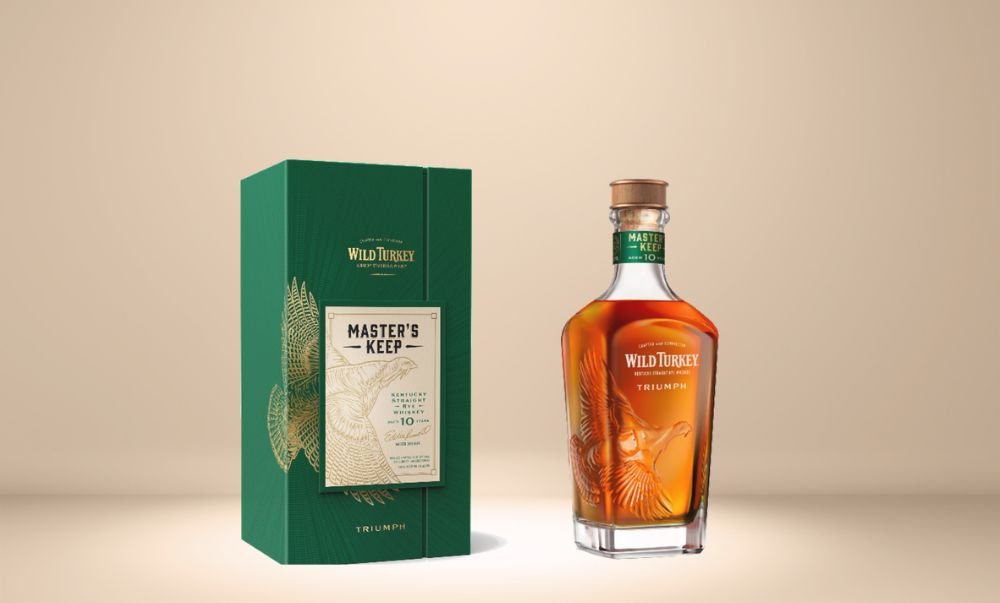Yesterday China launched the second wave of its investigation into Australian wine exports in as many weeks, promising to review the Australian government’s subsidies to winemakers which, it claims, gives Australian producers an unfair advantage.
The countervailing duties investigation comes on the back of the anti-dumping investigation launched on 18 August, accusing Australian winemakers of flooding the Chinese domestic market with cheap wine to crowd out local winemakers. This claim is denied by the Australian government and local producers.
The latest move by the Chinese Ministry of Commerce was hinted at close to two weeks ago when the initial investigation was launched, following requests from the China Alcoholic Drinks Association.
In response to this latest development, Federal Trade Minister Simon Birmingham said:
“The countervailing duties investigation into Australian wine was broadly foreshadowed at the time that the anti-dumping investigation was initiated.
“We strongly refute claims that initiatives like the Murray-Darling Basin Economic Development Program or programs that support research and development equate to a subsidy of our wine exports.
“The Government will work with our internationally-renowned wine industry to mount the strongest possible case against these claims.”
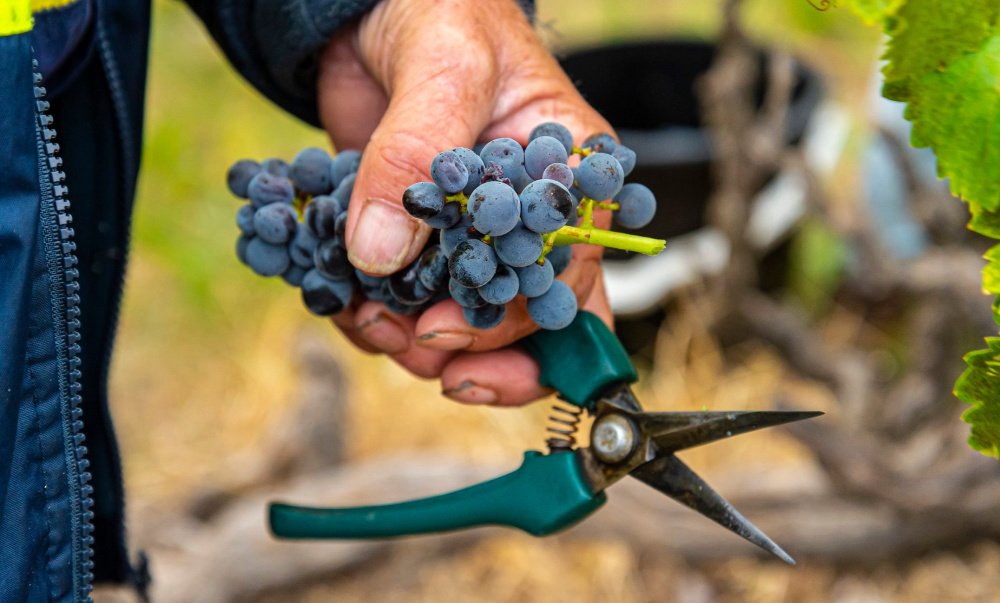
Countervailing duties or anti-subsidy duties are taxes imposed on goods imported from other countries and are designed to protect the businesses of local suppliers as well as local employment levels. Effectively, the duties neutralise the effect of subsidies.
The countervailing duties investigation will run for at least twelve months. The Australian Grape and Wine Association (AGW) said the investigation will have their full cooperation.
"China is an important market for Australian wine and our wine is in demand from Chinese consumers," it said in a statement.
Looking at the numbers, Mitchell Taylor, Managing Director, Taylors Wines agrees, "Volumes of Australian wine being consumed by the Chinese are on the decline while the price per litre is increasing. There is an appetite in the Chinese market for premium Australian wine exports.
"We imported The Legacy, a $1,000 bottle of wine, to the Chinese market because that is where the interest is - in high quality, premium wine, usually red. Chinese consumers love it."
Mr Taylor says that Australian wine production is one of the least subsidised in the world, especially compared to Europe, adding that Australian wine producers are some of the most highly taxed of all.
Winemaker Bruce Tyrrell agrees, “The Australian wine industry really gets no direct subsidy from the Australian government. We get a few bob for promotion from Wine Australia who are also our regulatory body.”
“The demand for Australian wine in China has increased. Specifically, the demand for high priced Australian wine – it meets the needs of the growing middle and upper class Chinese market...At the end of the day, Chinese consumers like Australian wine. It's as simple as that," Mr Tyrrell said.
The Chinese investigation takes place against a backdrop of tensions that continue to emerge between Australia and China.
Share the content
